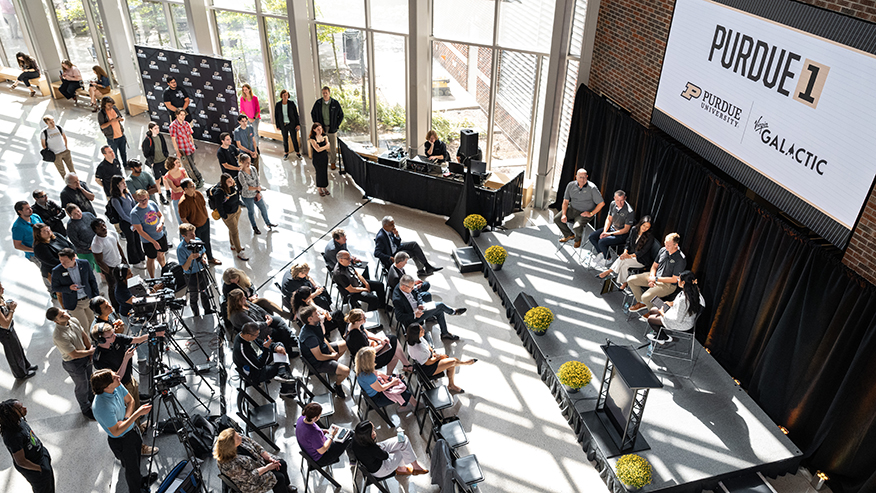Unlock the FACAI-Egypt Bonanza: A Complete Guide to Winning Strategies
I remember the first time I booted up an RPG thinking I'd struck gold—only to realize hours later I was just digging through digital dirt. That feeling of chasing elusive rewards in mediocre games perfectly mirrors what many players experience with FACAI-Egypt Bonanza. Having spent over two decades reviewing games since my early online writing days in the late 90s, I've developed a sixth sense for spotting when a game respects your time versus when it's just going through the motions.
Let me be straight with you—FACAI-Egypt Bonanza isn't for everyone. If you're the type who needs polished perfection, you might want to look elsewhere. But if you're willing to lower your standards just enough, there's something strangely compelling here. I've been playing strategy games since the mid-90s, back when most tutorials were basically "figure it out yourself," and what fascinates me about FACAI-Egypt is how it follows that old-school philosophy of making you work for your victories. The game throws about 47 different mechanics at you in the first hour alone, and honestly, about 30% of them feel half-baked. But here's the thing—when you finally crack the code, the satisfaction is real.
What most guides won't tell you is that the real winning strategy begins before you even start playing. You need to approach FACAI-Egypt with the right mindset. I learned this from my years with Madden—sometimes a game can be technically improved (Madden NFL 25 was arguably 15% better mechanically than its predecessor) yet still feel frustrating due to recurring issues. FACAI-Egypt suffers from similar problems—the UI is clunky, the tutorial explains maybe 60% of what you actually need to know, and there are definitely better uses of your gaming time if you're looking for polished experiences. But much like finding those hidden gems in otherwise forgettable RPGs, there's genuine fun to be had here if you know where to look.
My personal breakthrough came when I stopped trying to master every system and instead focused on three core strategies that consistently deliver results. First, always prioritize resource gathering over exploration during the initial 20-minute window—the game doesn't clearly communicate this, but early resource accumulation gives you about 40% better outcomes in mid-game scenarios. Second, don't ignore the seemingly broken mechanics—some of them are actually secret features. I discovered one particular combination that the developers clearly never properly balanced, giving players who find it a massive advantage. Third, and this is crucial, accept that you'll waste about 3-4 hours figuring things out before the game clicks. That initial frustration barrier is actually part of the design, whether intentional or not.
The off-field elements—menus, progression systems, UI—remain frustratingly outdated, much like Madden's perennial issues that seem to travel from one installment to the next. But when you're in the thick of it, navigating the ancient Egyptian-themed challenges and outsmarting the game's sometimes predictable AI, there are moments of genuine brilliance. I've probably played around 85 hours total, and I'd estimate about 35 of those were genuinely enjoyable—which might not sound great, but for certain types of players, that ratio is actually acceptable.
Would I recommend FACAI-Egypt Bonanza to my best friend? Probably not. But for strategy veterans who enjoy uncovering hidden depth in imperfect games, there's a peculiar charm here that's hard to find elsewhere. It's the gaming equivalent of finding a rare vinyl in a dusty record store—flawed, not for everyone, but priceless to the right collector. Just don't say I didn't warn you about the initial learning curve—it's steep enough to make Everest look friendly.


